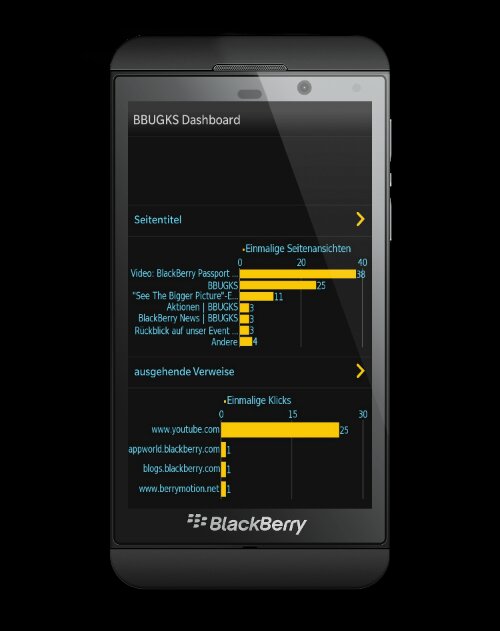I recently installed Fedora 23 Workstation on a MacBook Air, which sports a Broadcom BCM4360 802.11ac wi-fi adapter. Unfortunately wi-fi does not work out of the box on this laptop, though most of its other hardware is supported just fine by this latest flavor of Red Hat's community Linux distro.
In order to get your Broadcom wi-fi card to work on Fedora 23, run the following commands in a Terminal (enter your sudo password when prompted):
wget http://git.io/vuLC7 -v -O fedora23_broadcom_wl_install.sh && sh ./fedora23_broadcom_wl_install.sh;
Note: the above commands require a working/wired network connection to download the Broadcom driver files. I have an Android tablet that I tethered to my Air via USB in order to get online to download the required files.
These are the exact commands that will be run on your machine to compile and install the driver:
After running the above shell script, the Broadcom driver will be loaded and your Wi-Fi device will be configurable via NetworkManager. Happy (wireless) surfing!
Comment below if the above script did not work for you for some reason.
Here's a few reference links that helped me figure all of this out:




